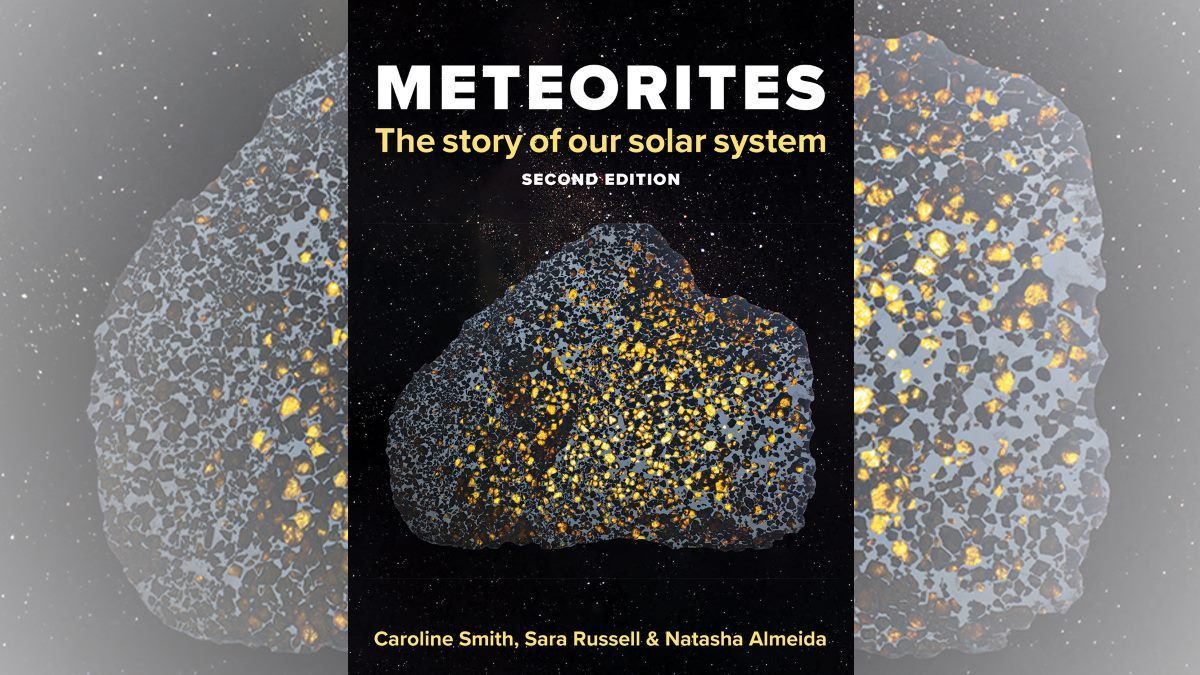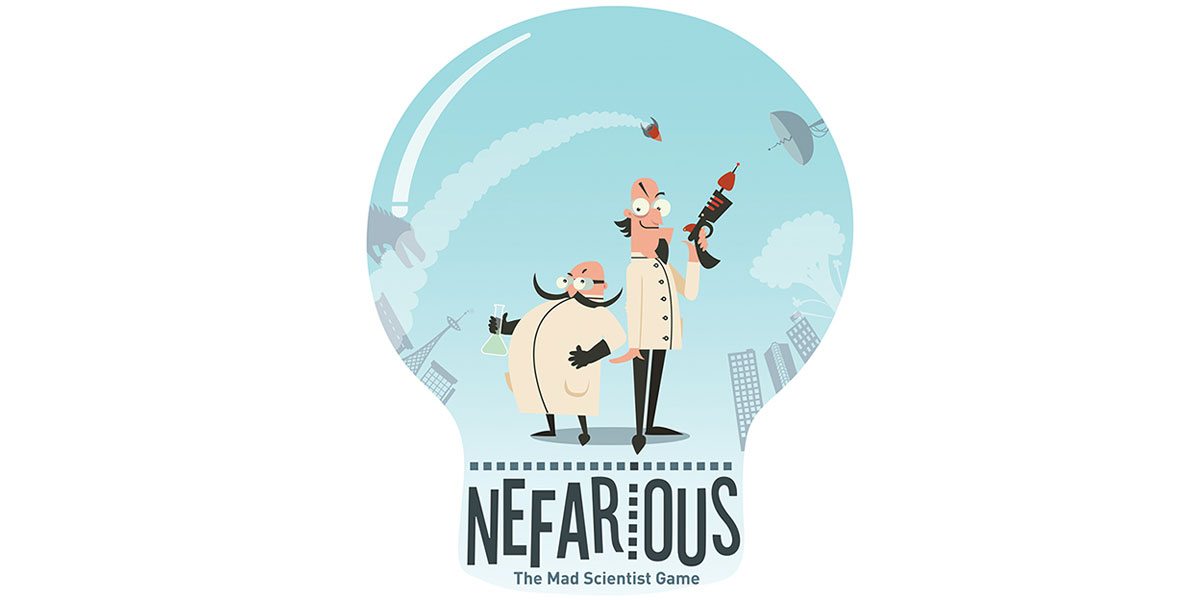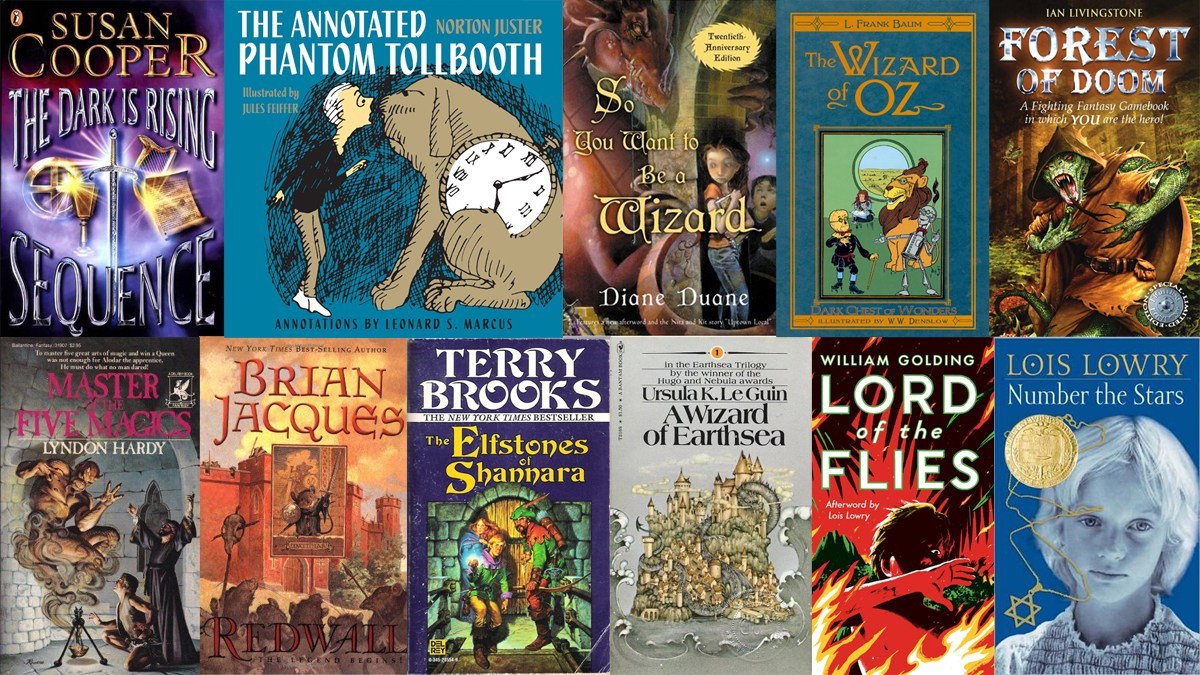This Week’s Word Is “Meteorite.”
A change in tone this week, from beings with superpowers that might come from space to rocks that actually do come from space. Meteorites: The Story of Our Solar System from Firefly Books offers everything you might want to know about falling space rocks.
What is Meteorites?
It’s a slimline paperback of 125 pages that looks at the abundance and importance of meteorites across the solar system. It examines how meteorite impacts have shaped planets, asteroids, and moons. Written by a team of scientists from the Natural History Museum in London, (two of whom have meteorites names after them) the book is a great introduction to the science and history of meteorites.
The book is broken down into 6 sections:
1. What are Meteorites?
Beginning with an explanation of meteors, meteoroids, fireballs, and meteorites, this chapter explains exactly what a meteorite is. It takes a broad look at different types and offers a brief overview of the discovery, use, and investigation of meteorites throughout history.
2. Where are Meteorites found?
Spoiler Alert: Everywhere. Apparently, there are 56,000 “find” meteorites in the world; a rise of 20,000 since the last printing of this book in 2009. This section looks at the dispersal of meteorite falls and examines times of the year and even of the day that they are witnessed. This section also describes the way in which scientists measure, track, and record meteors and fireballs. (In the latter case, they usually follow freshly promoted level 5 wizards.)
3. Impact and Collisions.
Craters, dented cars, and dinosaur extinction. Oh, and the possibility of the destruction of all life on Earth. This chapter is not for worriers.
4. Sources and Types of Meteorite.
This chapter forms the bulk of the book and contains a detailed breakdown of different meteorite compositions. There’s a fascinating graph that shows the abundance of elements in a particular type of meteorite. Here we learn how meteorites can help us understand the formation of the solar system and the creation of planets. There’s lots of cutting edge meteorite science here, as well as descriptions of how the moon was formed, and the significance of molten iron meteorites. Finally, the chapter discusses the significance of Martian meteorites.
5. Comets.
Apparently, a tiny, tiny amount of meteorites come from comets (only 9 of all meteorites found). This brief chapter is about all things comet. The impact on history, what they consist of, and how comet meteorites are formed.
6. The Future.
A few pages on the possibility of future manned missions to the moon and how having samples from the surface of Mars might alter our understanding of meteorite science.
The book is filled with photographs of samples and cosmic phenomena throughout.
Why Read Meteorites?
Meteorites is aimed at a higher reading level than many of the books I review for Word Wednesday. It’s definitely geared towards older readers with an interest in the subject. To get the most out of this book you need to be actively wanting to learn about meteorites before picking it up.
If you are in this position, it’s hard to imagine a better book for an amateur enthusiast. The text is clearly written by a team passionate about their subject, who are keen to transfer that passion. They’re successful in this endeavor. It’s easy to imagine that meteorites are only interesting during the moments they break through the Earth’s atmosphere and crash into the ground, after which they become cold lumps of rock; albeit well-traveled ones. This book reveals how fascinating meteorites are from a scientific standpoint, and how beautiful they can be in appearance and structure. It’s an excellent primer on everything you’re likely to want to know about falling space rocks. Strangely, there’s no mention of superpowers…
If you’d like to pick up a copy of Meteorites, you can do so here, in the US and here, in the UK.
If you enjoyed this review, do check out my other Word Wednesday columns. Firefly’s astronomy book, The Universe Explained may be of particular interest.
Disclosure: I received a copy of Meteorites in order to write this review.







